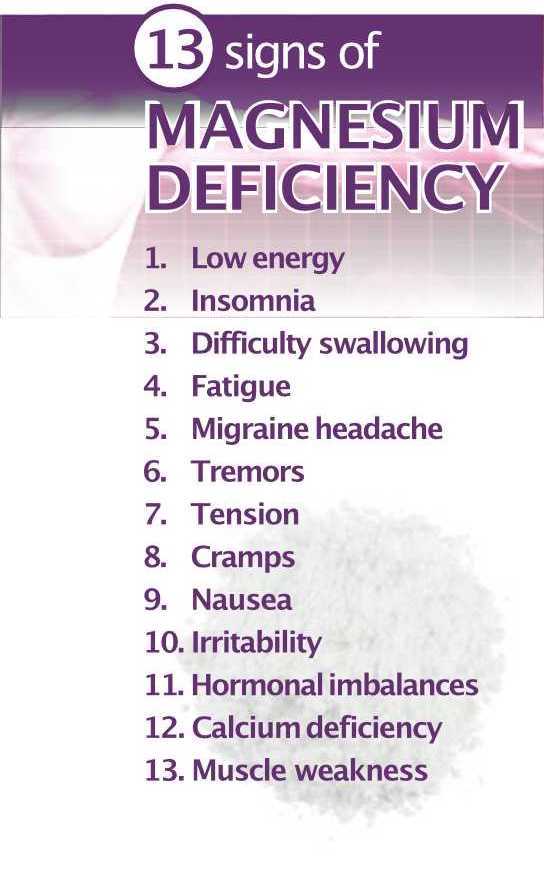Dietary surveys consistently show that intakes of magnesium are lower than recommended amounts.

What is magnesium?
Among the most important minerals, magnesium is essential to your overall wellbeing. It’s an abundant mineral that plays a role in more than 300 enzymatic reactions that affect organ and tissue function.
#####An adequate dietary intake of magnesium assists with:
- Calcium storage and Release
- Muscle activity
- Healthy nervous system Function
- Relaxing blood vessels
- The formation of healthy Bones and teeth
- Clotting blood
- Protein and fatty acids
- Temperature regulation
- Energy production
Unfortunately, our food supply, traditionally a good source of magnesium, is lacking in this mineral. Naka’s Magnesium bisglycinate, as an amino acid chelate, is highly bioavailable. The bisglycinate form is not dependent on stomach acid for absorption as it uses mechanisms similar to those used by amino acids.

###Some conditions often associated with magnesium deficiency:
- Asthma - especially in young children. Magnesium supplementation can halt this progress by improving nervous system function and acting as an anti-inflammatory.
- Depression - Low magnesium levels lead to low serotonin levels, which can contribute to the development of depression.
- Diabetes - According to a study published in Diabetic Journal, serum magnesium levels are much lower in children with diabetes, leading to speculation that there is a strong link between diabetes and magnesium deficiency.
- Fibromyalgia - the pain and discomfort of fibromyalgia have been shown to result from an excessive release of the neurotransmitter acetylcholine. Magnesium supplementation is well known fro its ability to inhibit this release.
- Heart Failure - new research has suggested that low magnesium levels are a stronger indicator of heart failure than blood cholesterol levels. Low magnesium levels have been shown to result in high blood pressure, arterial plaque buildup, soft tissue calcification and arteriosclerosis.
- PMS, Migraines, Restless Legs Syndrome, and Preeclampsia are also linked to low levels of Magnesium.
